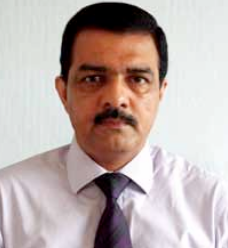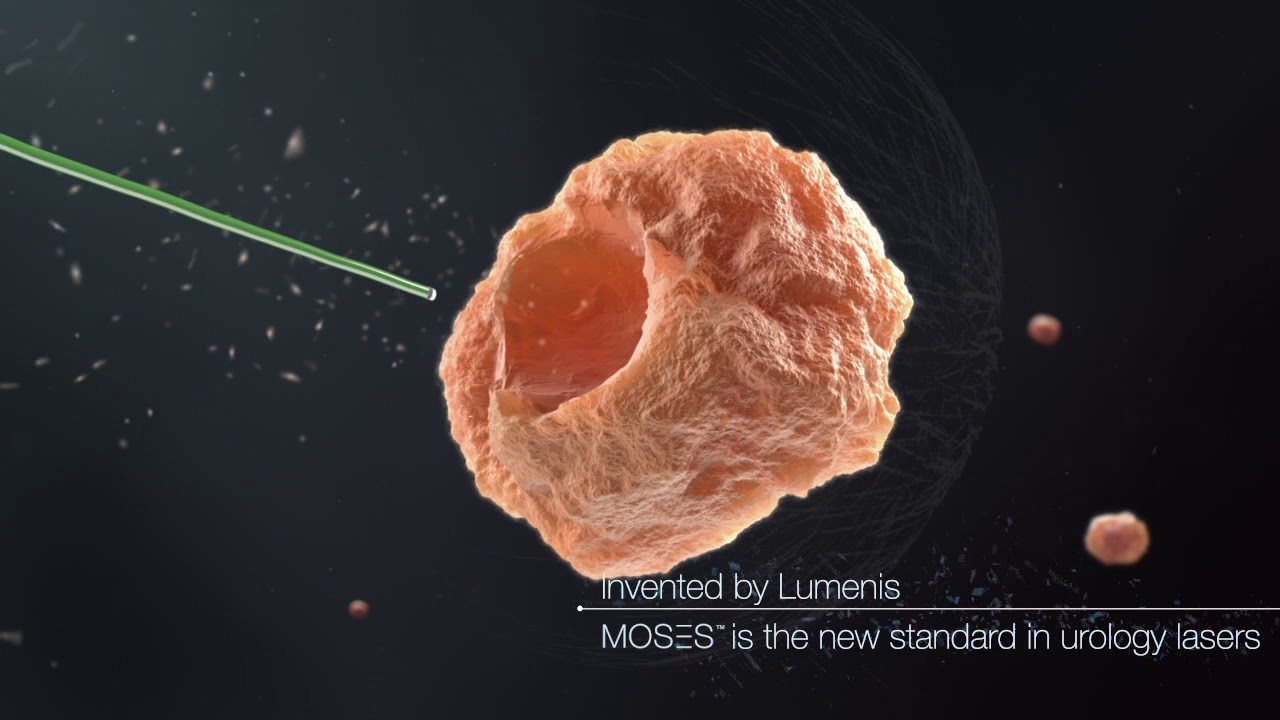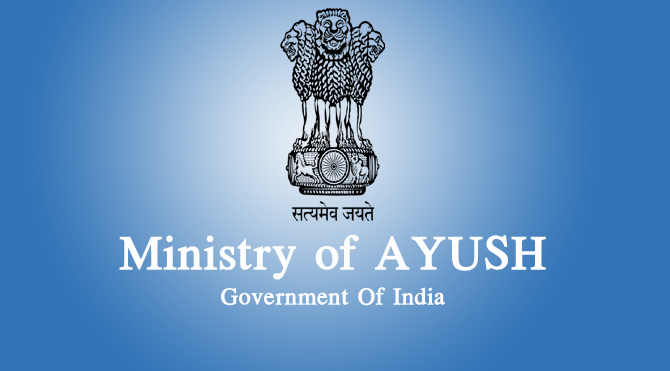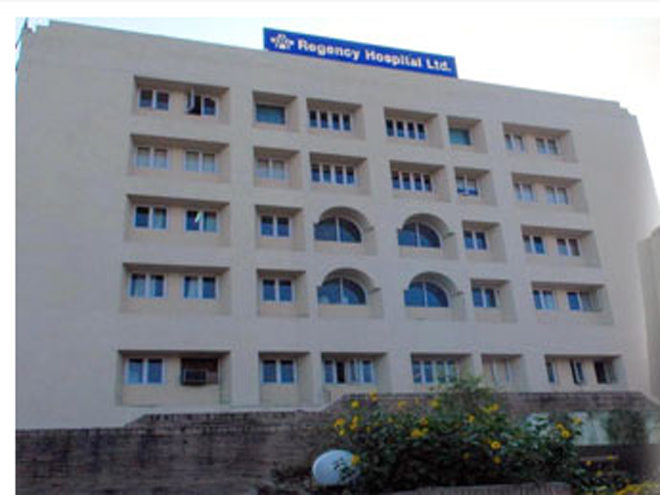
 Dr Ram Narain, utive Director, Kokilaben Dhirubhai Ambani Hospital and Research Centre, elaborates on the future of healthcare in the technology era, in conversation with Nikita Apraj, ENN
Dr Ram Narain, utive Director, Kokilaben Dhirubhai Ambani Hospital and Research Centre, elaborates on the future of healthcare in the technology era, in conversation with Nikita Apraj, ENN
Tell us how has technology helped hospitals for better care?
If one tracks the progress of medicine over the last decade, the transformation brought about by technology has been across the spectrum of clinical and administrative fields within a hospital. The technology can be in diagnostics that can help you pick up ailments faster, or treatment modalities that make delivery of care superior. Thus, both diagnostics and therapeutic technologies are moving in parallel“taking healthcare to the next dimension.

Please share with us some key technology trends in healthcare?
Previously a doctor was dependent on medications and surgery was about manual expertise. During surgery there was significant damage to normal tissues. Today it is possible to get deep seated problems without harming normal tissues on the way for example radiotherapy, radio surgery and robotics for greater precision and manoeuvrability. Technology today is helping doctors perform what was impossible earlier with more precision and lesser damage to tissues. Some of the latest technologies include high end 3Tesla MRI, 256 Slice CT Scanners, Intraoperative MRI, DaVinci Robot and so on. There are also organ or disease specific technologies which are helping to offer better diagnosis, treatment and outcomes. The future belongs to robotic surgery, wherein the robots are providing assistance to the doctor in improving precision, dexterity and manoeuvrability in small spaces especially for cancer treatment. This can also be used for thyroid surgery, ENT and general surgery applications. This technology initially was preferred for cardiac surgery but is now proven to be beneficial in Urology and Gynecology.
What IT solutions have you adopted in your hospital?
The basic infrastructure involves the Hospital Information System (HIS) or Hospital Information Management System (HIMS). This includes an administrative module which relates to overall hospital administration that includes registration, ad- mission, discharge and billing. The clinical module helps you to track all the clinical parameters that you want. Our adoption of HIS is evolving, and after successfully implementing the administrative module we are now focusing on the clinical module. HIMS ideally implies a paperless filmless hospital. This is the gold standard that everyone wants to achieve.
To enable this, for the patients in the wards we have point- of-care tablets which are Wi-Fi enabled and connected to a central server where all patient data is stored that can be accessed anytime. Each patient is given a unique identification number which when keyed in gives you the entire clinical history without touching a sheet of paper. The tablet also can access images from the picture archival systems or Picture Archiving and Communication System (PACS). You can now browse through the patients entire set of investigations includ- ing laboratory data and images of X-Rays, CT Scans, MRI and Sonography.
Thus we are moving towards the gold standard of electronic medical records or EMR. Doctors can also avail of the trend analysis tools which are based on high end computing, help- ing them make better assessments, take better decisions and change the treatment modalities of the patients instantly.
Tell us your views of healthcare scenario in Andhra Pradesh?
A huge opportunity lies in the tier II cities across the country, as there are so many cities that do not have a multi-specialty hospital with facilities for quality tertiary care. Andhra Pradesh has a large population of patients coming to Hyderabad for treatment and the city has become the capital of healthcare in the state. The new hospitals across new cities in the state will help support the demand for quality healthcare services in the state providing relief and benefit to the patients without having to travel long distances.

Be a part of Elets Collaborative Initiatives. Join Us for Upcoming Events and explore business opportunities. Like us on Facebook , connect with us on LinkedIn and follow us on Twitter , Instagram.












